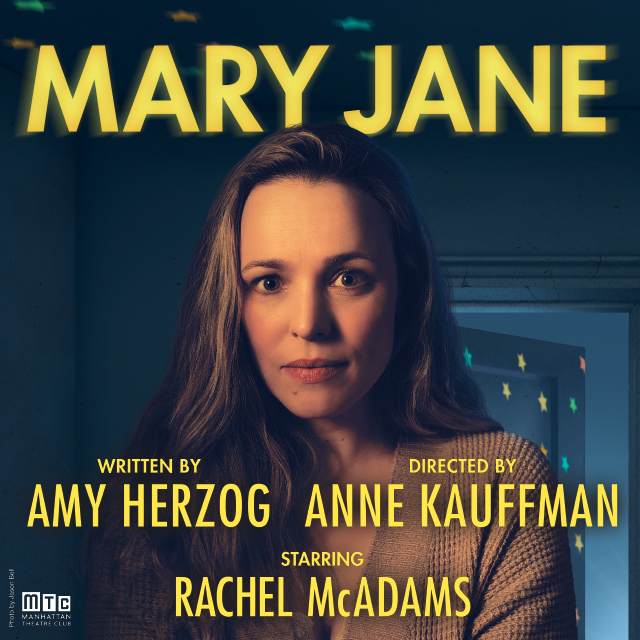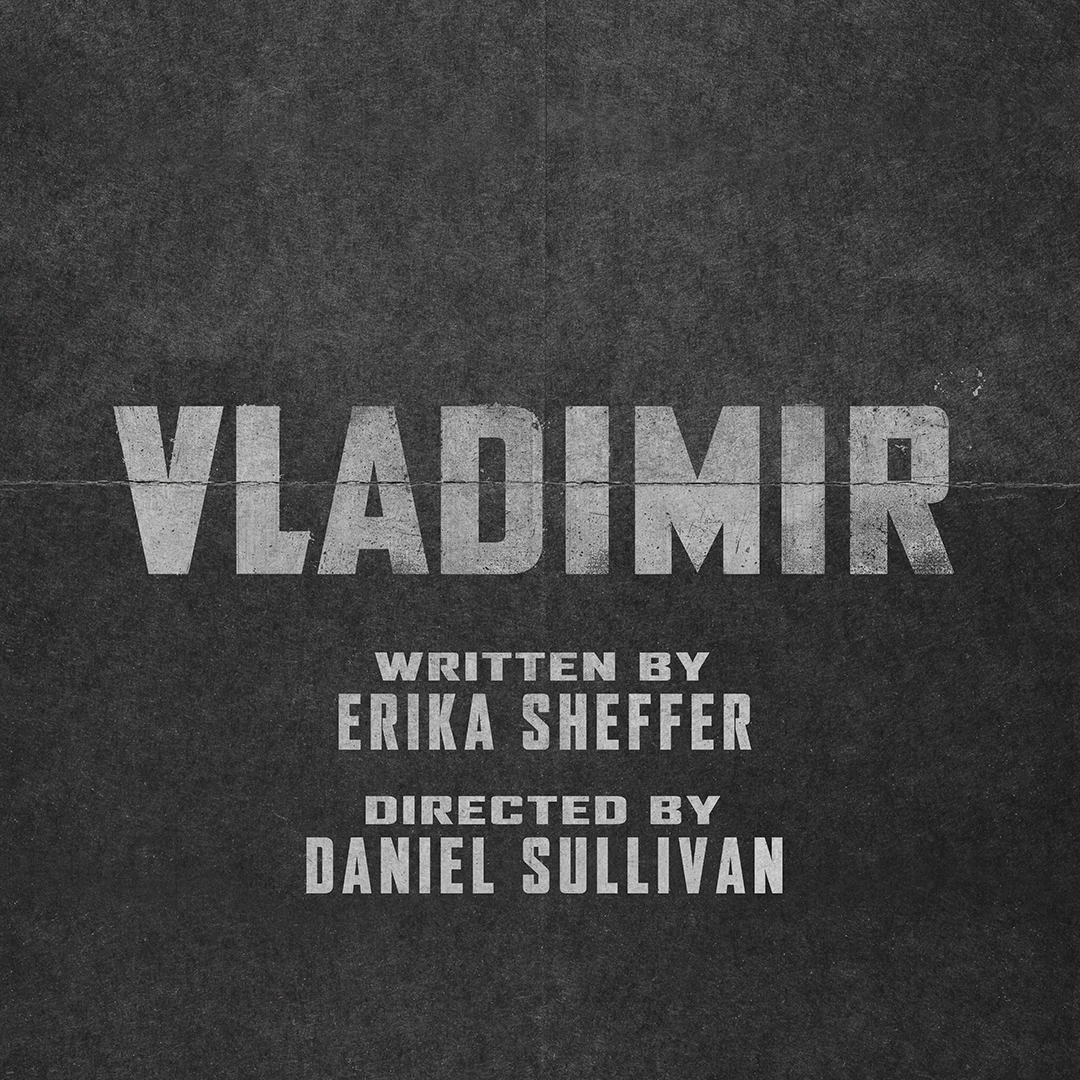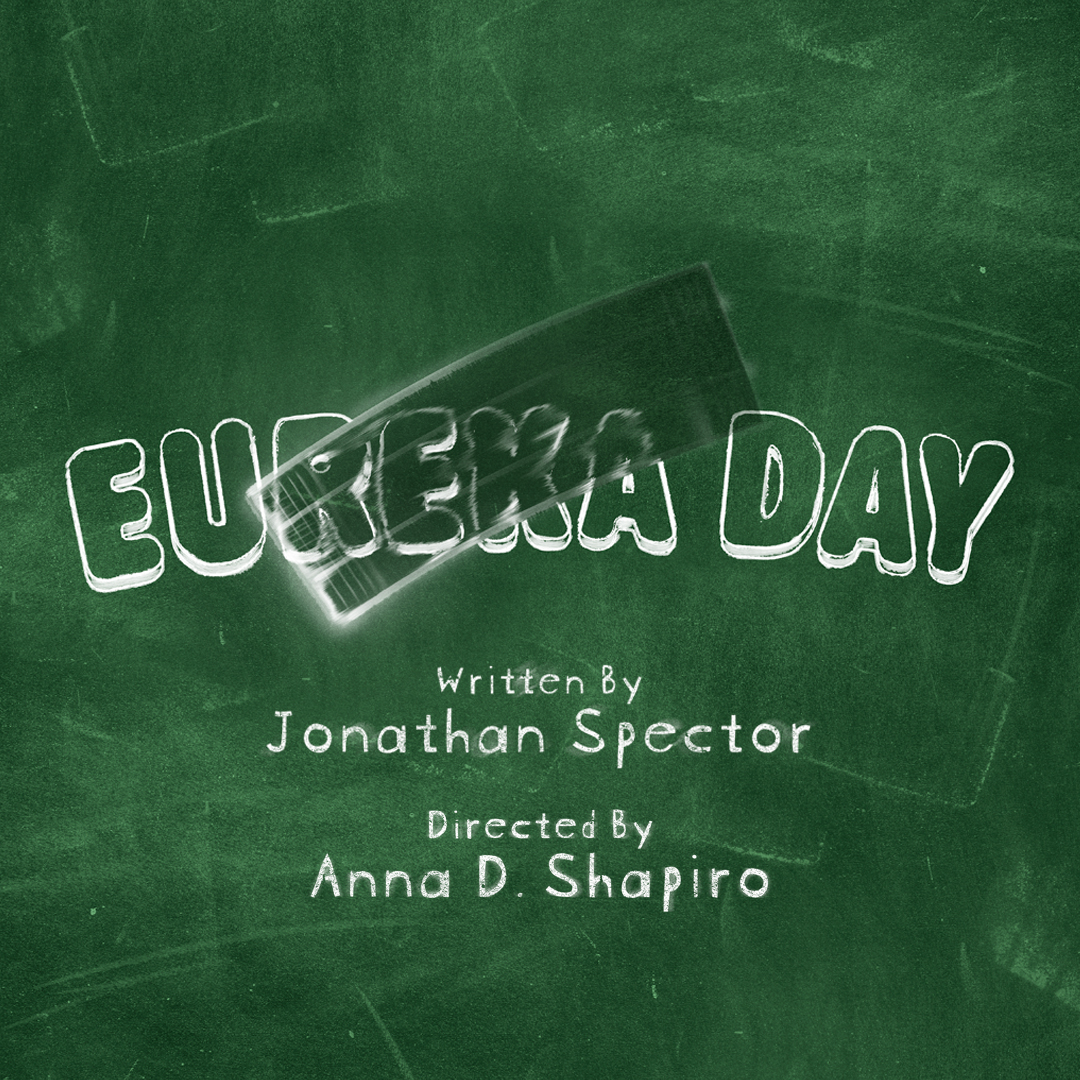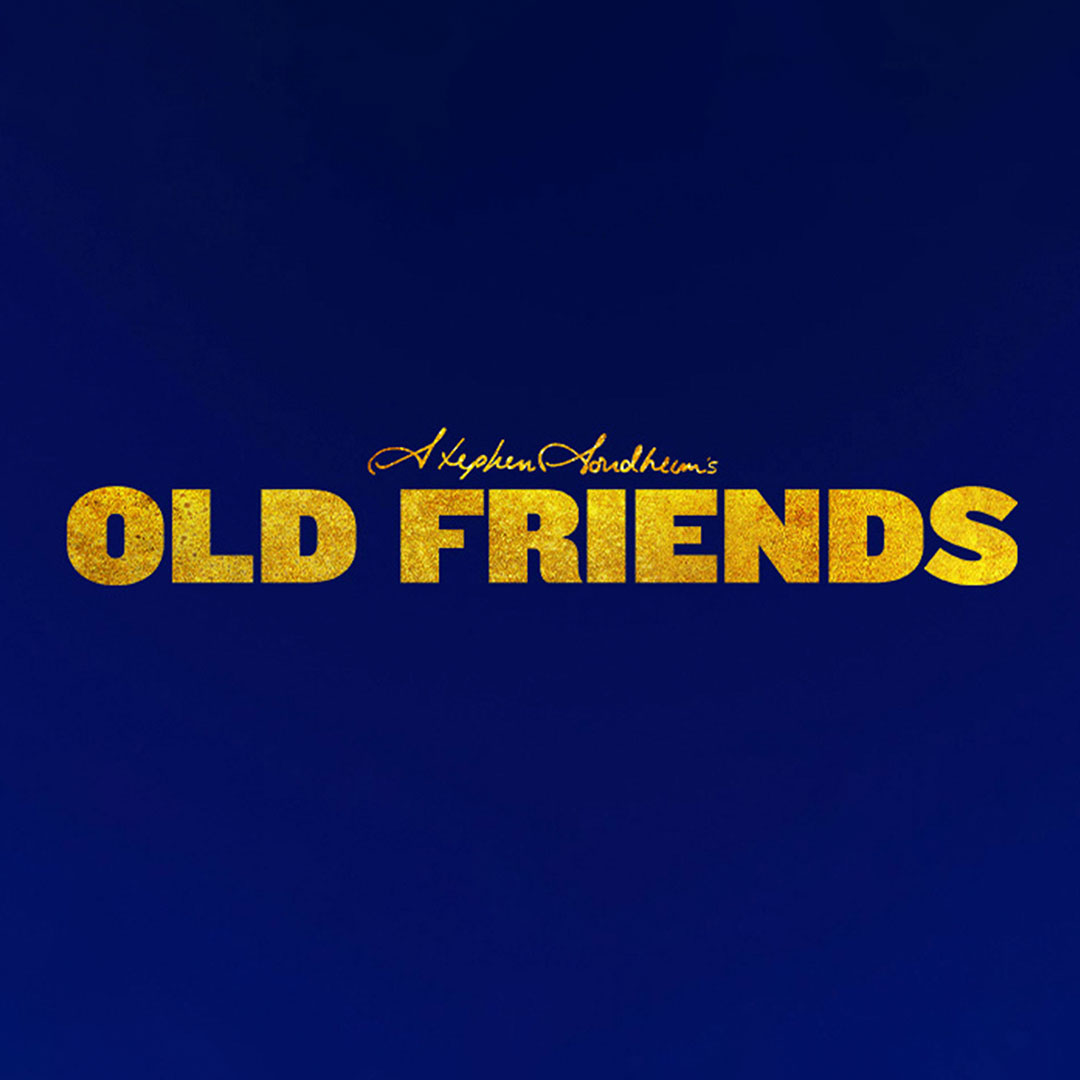Welcome to MTC Education’s Video Resources page!
Here you will find short videos that may be used at home or in the classroom to ignite the imaginations of high school playwrights. Please feel free to share with us any work created as a result of these digital workshops by emailing [email protected].
Building Character
How can students create characters who are rich, vibrant, and three-dimensional? This video features performance excerpts from MTC’s productions of The Cake by Bekah Brunstetter, August Wilson’s Jitney, and Saint Joan by Bernard Shaw. It offers activities and writing tips that may be used by educators in the classroom or by students learning independently.
Click here to download the Character Profile Form used in this video’s activity. (Word document)
How can students create characters who are rich, vibrant, and three-dimensional? Now that we’ve explored a few examples from previous MTC productions, it is time for students to create their own character, endow them with an urgent need, and write their own original monologue! This video may be used by educators in the classroom or by students learning independently.
Creating Setting
Creating settings rich with detail is an important skill for young playwright’s to develop and bring to their work. The Creating Settings series offers activities and writing tips that may be used by educators in the classroom or by students learning independently.
Click here for a MS Word version of the Script Writing Template.
Click here for a MS Word version of the Script Writing Template.
Click here for a MS Word version of the Script Writing Template.
Click here for a MS Word version of the Script Writing Template.
Click here for a MS Word version of the Script Writing Template.
Click here for a MS Word version of the Script Writing Template.
Dramatic Conflict
Learn how to identify and create internal and external conflicts that will make your original scenes and plays more interesting. This workshop features performance clips from MTC’s production of Long Lost by Donald Margulies and Bernard Shaw’s Saint Joan.
Click here to download the Scene-Writing Template for Family.
Click here to download the Scene-Writing Template for Strangers.
Family Drama Playwriting Workshop Series
In this module, you’ll get your creative juices flowing through a fun theatre game involving a chair and then explore what comes to mind when we think about the word “family.” Be sure to post your poem to Instagram and tag @mtc_nyc #MTCEducation
How do we create strong, vivid, and memorable characters? In this module you will explore making bold choices, view an excerpt from MTC’s production of Donald Margulies’ LONG LOST, and create a character for whom you will write a monologue. Be sure to post your original monologue to Instagram and tag @mtc_nyc #MTCEducation
Click here to download a PDF of the Module Activities.
Click here to download a MS Word version of the Character Profile Form.
You have to create an attention getting and intriguing opening to your play in order to get your audience to invest in your story. This module explores the idea of dramatic openings by using examples from MTC’s productions of David Lindsay-Abaire’s Good People, John Patrick Shanley’s Outside Mullingar, Bernard Shaw’s Saint Joan, and August Wilson’s Jitney. After this video, you’ll be prepared to create the perfect opening to your very own original family drama. Be sure to post your dramatic opening lines to Instagram and tag @mtc_nyc #MTCEducation or email them to us at [email protected].
Click here to download a PDF guide to the clip of MTC productions featured in this module.
How can you create dynamic settings and charged circumstances for your burgeoning family drama play? This week we’ll imagine where your play takes place and begin to develop ideas about what goes unsaid between family members when the stakes are high. This module features a clip from MTC’s production of Florian Zeller’s The Height of the Storm.
Be sure to post the first few pages of your first draft to Instagram and tag @mtc_nyc #MTCEducation
Click here to download instructions for this module’s activities.
Click here to view the ground plan for MTC’s production of The Height of the Storm by Florian Zeller.
Click here to view the ground plan for MTC’s production of The Perplexed by Richard Greenberg.
Click here to download a blank stage template.
Click here to download a living room furniture template.
Take a few minutes to do this exercise which will help you explore what is happening beyond the physical walls of your play’s set, but remain a key part of the charged circumstances.
Conflict is the engine that drives a play. In this module, we explore how to shape the needs and desires for your central character by using two theatre games and viewing scenes from MTC’s Tony Award-winning production of August Wilson’s Jitney to illustrate dramatic conflict. Be sure to post your scene to Instagram and tag @mtc_nyc #MTCEducation or email them to us at [email protected].
Click here to download instructions for this module’s activities.
Click here to download blank Character Profile templates to use while exploring the clips from August Wilson’s Jitney and as you embark on the scene writing challenge.
Click here to a guide to the clips from August Wilson’s Jitney used in this module.
How do characters go about achieving their goals? How can the playwright create circumstances that bring urgency to the characters’ needs and wants? In this module, we’ll explore tactics and stakes using an excerpt from David Lindsay-Abaire’s Good People.
Click here to download instructions for this module’s activities.
In this mini-module, we’ll explore how to delve into the lore of your own family as rich source material for a play.
This week we examine the unique challenges that a playwright faces in terms of backstory and plot. Using a clip from MTC’s production of Good People by David Lindsay-Abaire, we see how dialogue can be used to reveal new information to the other characters, to the audience, or both.
Click here to download instructions for this module’s activities.
Using examples from MTC’s productions of John Patrick Shanley’s Outside Mullingar, Lillian Hellman’s The Little Foxes, and David Lindsay-Abaire’s Ripcord, this module explores how pivot points and the climax can most effectively change the world for the characters in your play.
Click here for this module’s activities and credits for productions featured in this video.
In this final installment of the Family Drama Playwriting Workshop Series, we will explore how a play logically and organically concludes based upon the play’s previous action.
Click here for this module’s activities and resources.
Pulitzer Prize-winning playwright David Auburn (Proof, The Columnist, Lost Lake) shares insights into his writing process and provides practical advice to anyone who wants to write a play.
Four-time Emmy award winning writer and MTC teaching artist Judy Tate shares insights into her playwriting process and provides advice to anyone who wants to write a play.




